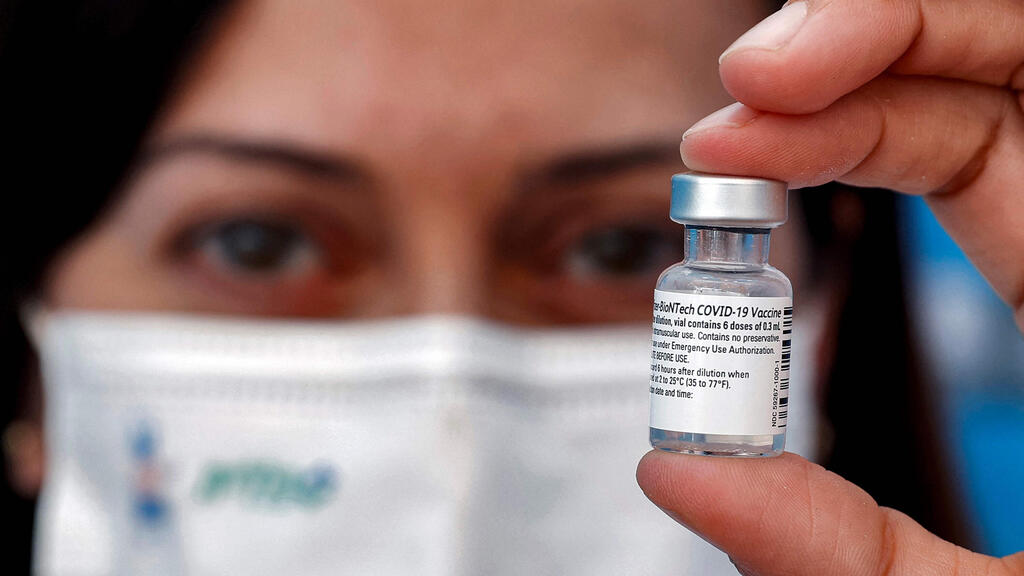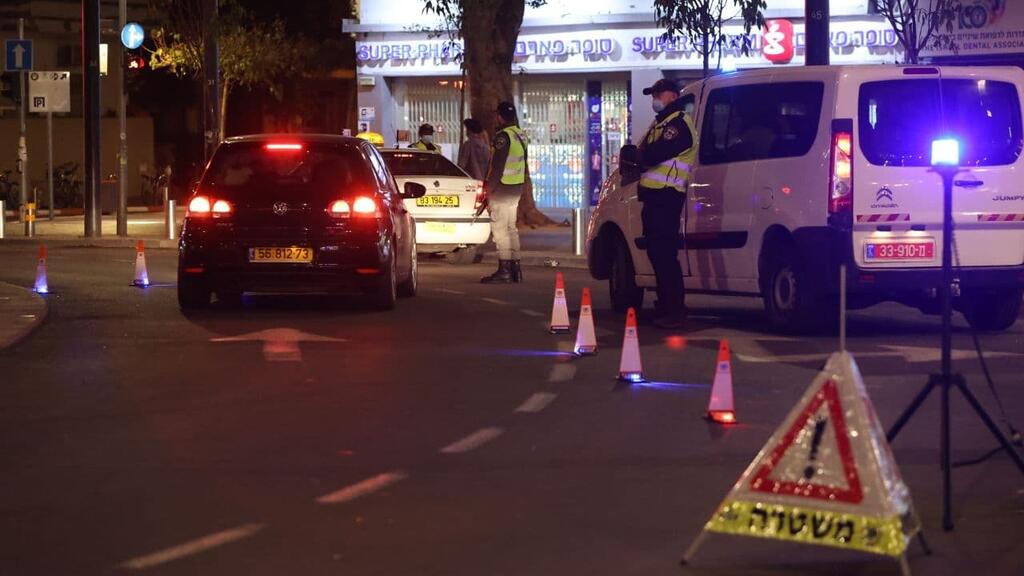“My child has a right to go to school,” wailed the mother of a kid she decided not to vaccinate. She has the right not to vaccinate her child. But society has the right to protect others from infection.
So, who’s right here? Well, that’s the wrong question to ask.
Here’s the right one: Why do we constantly hear about rights these days, but little about responsibility, and nothing at all about consequences?
Yes, we have lots of rights. We can exercise them if we wish. But do we really believe that if we do, there must be no consequences to our actions?
This happened several years ago: A young woman we know decided to display her contempt for Judaism by wrapping her naked body in a tallit (prayer shawl) to be photographed for the cover of a newspaper.
Did she have the right to do that? Of course she did. And as a result, I decreed that she would never again set foot in my house (we’re observant Jews here). That set off a mild firestorm. “But she was within her rights to pose for the picture,” said one argument. Yes, I replied, and I am within my rights not to allow her in my house. That is the consequence of her exercising her right.
Plain and simple – exercising rights can have consequences. Not vaccinating your kids can lead to their being banned from school, from malls, from restaurants, from plays.
Not vaccinating yourself can lead to similar limitations. It’s your right to refuse vaccinations. But if you do, it’s society’s right to protect others from you.
There are calls for making unvaccinated people pay for their own COVID treatment if and when they contract the disease. The unvaccinated are filling up the hospitals, and vaccinated people can’t get treatment for other illnesses - even serious ones like heart attacks and cancer – so, some say the unvaccinated should be given lowest priority.
Quebec is even considering taxing unvaccinated Canadians, ostensibly to pay for their medical treatment.
Such measures could be in the category of consequences, but they could also be in the category of making it more costly to avoid vaccination and more rewarding to just do it.
Either way, it’s society’s right against the individual’s right, and guess who wins that. Every time.
None of this is theoretical. A news report confirmed by an expert in the field found that while U.S. hospital intensive care units usually have a ratio of one nurse for two patients, in many places the ratio is now one to 14 patients because of COVID – and the vast majority of the patients there are unvaccinated.
Another study showed that when a group of workers was forced to choose between getting vaccinated and losing their jobs, about 80% of the unvaccinated quietly gave in and got the shots.
That said, wholesale isolations and closures in the face of every COVID outbreak are overkill. The sooner the authorities realize that, the better.
But why didn’t they realize that from the beginning? Why do they keep changing the rules? Why is everything so confusing?
My response to all three questions, and to the gotcha-style reporting on TV and elsewhere that asks them again and again, is – chill.
The realization that the Omicron variant of coronavirus is not as dangerous as the previous ones, was not apparent from the beginning. So that means that rules must change. Do the authorities always move fast enough to keep up with the latest knowledge? No, they err on the side of caution. And that’s a good thing because if they let up too early, which has happened, all the benefits from earlier restrictions quickly go up in smoke.
As we understand the disease better, we can adjust our response to it. So instead of complaining that the rules keep changing – we should be grateful that they do.
And to the last point, the confusion. The only thing that’s confusing is that things change. Really, how hard is it to keep up with the changes? We keep up with the minutest details of a dozen pop singers, know the scores of football games going back a decade, keep a schedule of our own events in our heads or on our screens without thinking twice. Is a change in rules once or twice a week so confusing?
It’s become a mantra, a meme. Everything is, first and foremost, “confusing.” An Israeli health fund put out a flowchart to explain what a person is supposed to do in various circumstances. At the top are two categories, “vaccinated” and “unvaccinated.” It follows each category down through a series of options, going through tests and results until it concludes with isolation times at the bottom.
It’s perfectly clear. People know where to start the chart, and then they can just follow the string downwards. Yet this chart was derided as “confusing.”
What’s coming out here is a build-up of frustration with the whole COVID thing. It’s understandable. It’s been two years. It’s a lot to deal with.
There’s a greater danger. We could start getting used to constantly dealing with COVID instead of more important issues – like the underfunding and overcrowding of the health system even in “normal” times, the high price of housing, the wage gaps, the tension between different ethnic groups – when in some places, there are about as many hospitalizations from the flu as from COVID.
We could be heading into a period of “COVID porn,” similar to the “Iran porn” we experienced for so many years when it was in the Israeli government’s interest to divide us and keep us afraid.
That would be worse than the disease itself.





